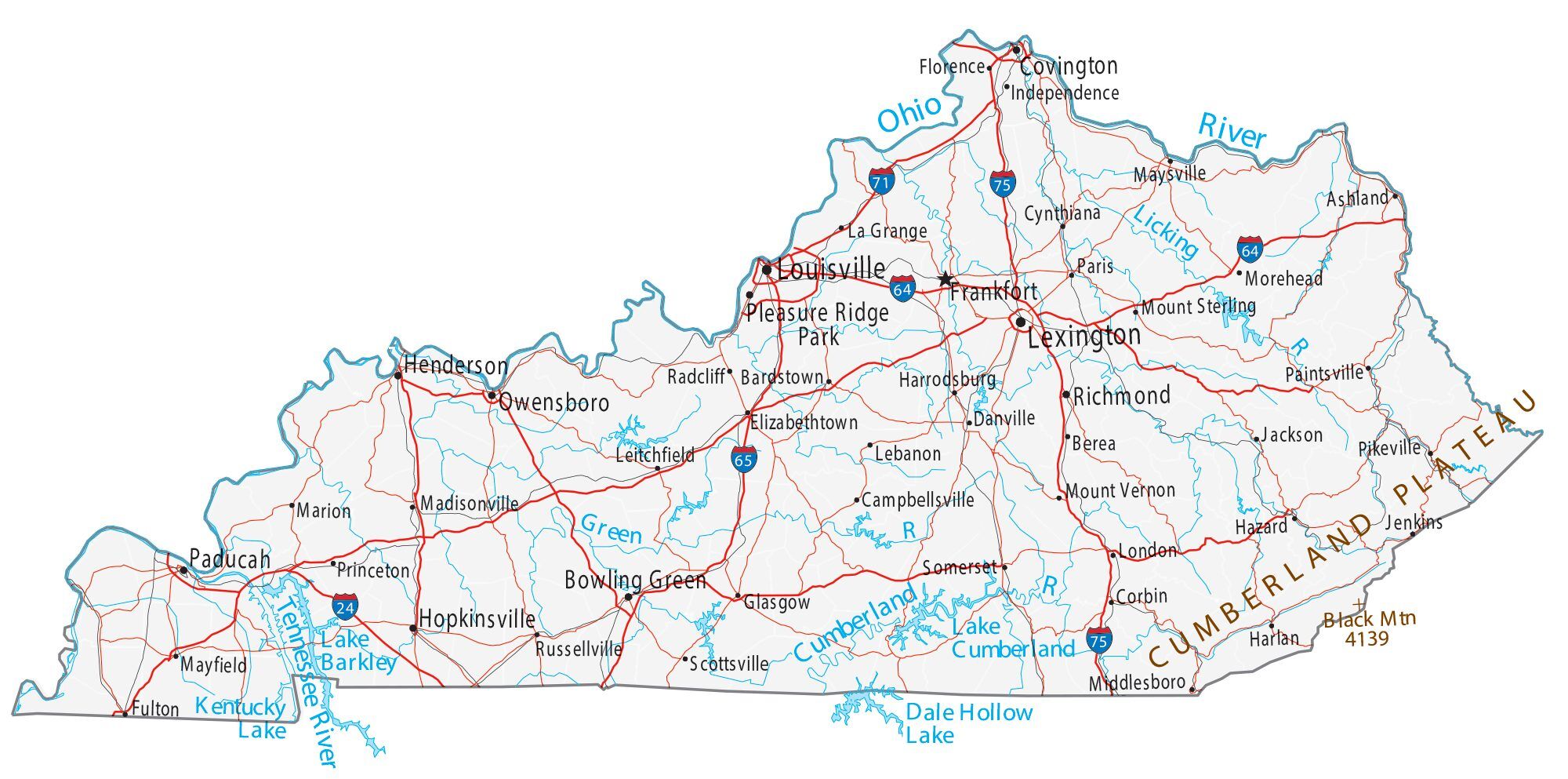Septic systems play a vital role in managing wastewater, especially in areas without access to centralized sewer systems. Understanding Kentucky septic laws is essential for homeowners and professionals to ensure compliance, maintain environmental safety, and avoid penalties. This guide provides a detailed overview of the regulations, costs, and resources related to septic systems in Kentucky.
Table of Contents
- State-Specific Regulations
- Compliance Information
- Costs for Septic Services in Kentucky
- Local Resources & Contact Information
- Supportive Resources
- FAQs About Kentucky Septic Laws
State-Specific Regulations
Installation Permits
In Kentucky, obtaining a permit is mandatory before installing or repairing a septic system. Applications must be submitted to the local health department, along with a site evaluation and system design plan. The cost of a permit typically ranges from $150 to $300, depending on the county. These permits ensure the system is installed according to Kentucky on-site sewage laws and protects public health.
Septic Tank Size and Placement
Kentucky health department guidelines specify that the septic tank size must align with the household’s daily water usage and the number of occupants. A standard tank for a three-bedroom home is typically 1,000 gallons. Drain fields must be placed a safe distance from wells, property lines, and water sources. Soil percolation tests are required to confirm the site’s suitability.
Wastewater Disposal
Wastewater management is a priority in Kentucky. State laws prohibit the discharge of untreated sewage into surface or groundwater. Homeowners must use approved septic systems that meet Kentucky wastewater management laws. Alternative systems may be allowed in areas with poor soil conditions but require additional permits.
Maintenance and Pumping
Routine maintenance is critical to avoid system failures. While Kentucky does not mandate specific pumping schedules, experts recommend pumping septic tanks every 3–5 years, depending on usage. Maintenance must align with Kentucky health code septic regulations to prevent environmental contamination and ensure longevity.
Compliance Information
Legal Compliance Guidelines
Failure to comply with Kentucky septic laws can result in fines ranging from $500 to $5,000. Non-compliance, such as using an unapproved system or neglecting maintenance, can also lead to system failure and costly repairs. Kentucky enforces strict environmental protections to prevent water pollution, safeguarding both human health and natural ecosystems.
Unique Environmental Protections
Kentucky prioritizes the protection of water sources like the Ohio River and its extensive groundwater reserves. Regulations aim to minimize contamination risks through proper wastewater treatment. Additional rules may apply in environmentally sensitive areas, such as wetlands or karst regions.
Costs for Septic Services in Kentucky
The cost of septic services in Kentucky varies depending on the type of service and location:
- Permit Fees: $150–$300.
- Pumping Costs: $200–$500 per service, depending on tank size and accessibility.
- Installation Costs: Installing a standard system typically costs between $5,000 and $12,000. Advanced systems for challenging sites can exceed $15,000.
Planning ahead and budgeting for these expenses can help avoid financial surprises.
Local Resources & Contact Information
For assistance with septic systems in Kentucky, contact these resources:
- Kentucky Cabinet for Health and Family Services: Oversees statewide septic system regulations and permits.
- Website: chfs.ky.gov
- Phone: 1-800-372-2973
- Local Health Departments: Handle site evaluations and permits. Visit your county’s health department for specific services.
- Kentucky Division of Water: Provides guidance on wastewater management laws.
- Website: water.ky.gov
- Certified Septic Professionals: Search for licensed installers and pumpers via the Kentucky Onsite Wastewater Association directory.
Supportive Resources
Explore these tools and guides to better understand Kentucky septic laws:
- Septic System Care Handbook – A free downloadable guide to septic system maintenance.
- Kentucky Septic System FAQ – Common questions and answers about septic regulations in the state.
- Infographics on septic system designs and their suitability for different terrains (available from local health departments).
FAQs About Kentucky Septic Laws
What are the permit requirements for installing a septic system in Kentucky?
In Kentucky, you need a permit from your local health department before installing or repairing a septic system. The application process involves a site evaluation and submission of a detailed system design. Permit fees typically range from $150 to $300. You can find detailed requirements and apply through the Kentucky Department for Public Health.
How often should septic tanks be pumped in Kentucky?
The general recommendation is to pump your septic tank every 3–5 years, depending on the number of occupants and daily water usage. Regular pumping prevents system backups and ensures compliance with Kentucky health code septic regulations. For more guidance, refer to the EPA Septic System Maintenance Guide.
What happens if my septic system doesn’t meet Kentucky health code septic regulations?
Failure to comply with septic regulations can result in penalties ranging from $500 to $5,000. Additionally, homeowners may face repair costs and potential contamination liabilities. To understand compliance requirements, visit the Kentucky Division of Water.
Are there specific rules for wastewater disposal in rural Kentucky?
Yes, Kentucky laws strictly prohibit discharging untreated wastewater into rivers, lakes, or groundwater. All wastewater must be treated using approved septic systems or alternative methods. For rural property owners, check detailed guidelines at the Kentucky Onsite Sewage Program.
How much does it typically cost to install a septic system in Kentucky?
The cost of installing a septic system varies depending on the type of system and site conditions. A basic system ranges from $5,000 to $12,000, while advanced systems can exceed $15,000. You can compare prices and services through the Kentucky Onsite Wastewater Association.
Directory | Washington Septic Service Providers | Part 1
DIY Repairs Are Always Cheaper
Septic Regulations in Rural Areas: Essential Guide for Rural Property Owners
The Role of Perforated Pipes in Drain Fields
What Happens During a Pumping Service?
Septic Tanks vs. Sewer Systems | Choosing the Right Option







